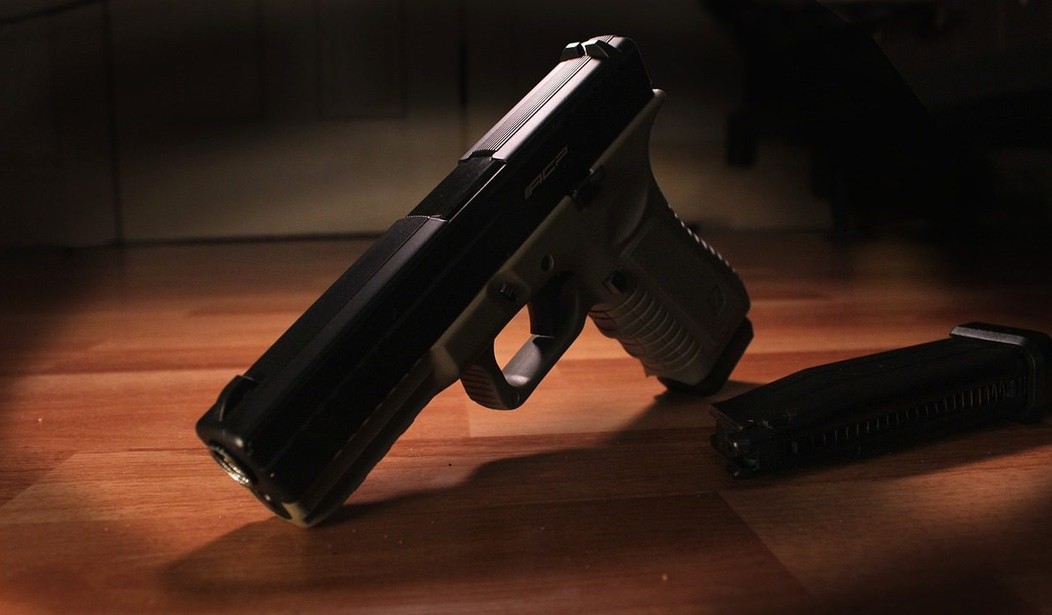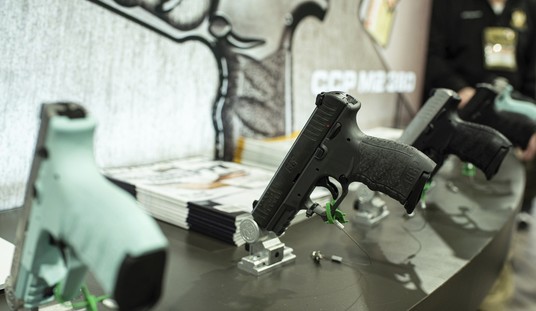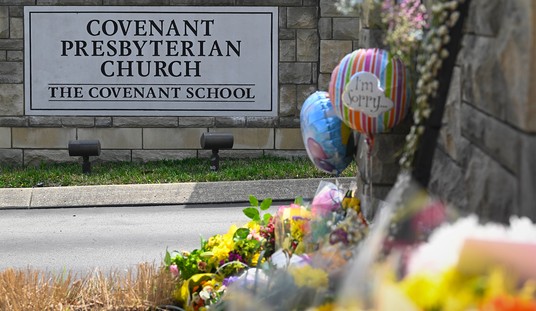Every couple of months or so, there’s a new poll saying that gun control of some type or another is popular and that people really want new anti-Second Amendment regulations.
The purpose of these polls is, really, to convince lawmakers that it’ll be good for their careers to push anti-gun legislation.
However, over at America’s 1st Freedom, NRA-ILA executive director Randy Kozuch touches on the reason it doesn’t happen like anti-gunners would like.
You, like me, probably get tired of hearing about just how “popular” various measures of gun control are from the mainstream media. It seems that not a day goes by without a new poll showing some outrageously high percentage of Americans support whatever happens to be the gun-control policy of the day.
When confronted with the fact that gun-control proponents have been unable to get policies enacted that they themselves claim are overwhelmingly popular, they often resort to blaming the NRA for “getting in the way” of these clearly “popular” policies. While it’s always flattering to have our political opponents compliment our work, and NRA members have been hugely responsible for defeating bad gun-control policies for decades, the simple truth is that most gun control is just unpopular.
To be clear, though, and no matter the public sentiment around any firearm policy, the Constitution doesn’t require our rights to be popular to receive constitutional protection. The Second Amendment prohibits burdens on the right to keep and bear arms, no matter how popular those burdens may be. As Justice Scalia put it in his landmark Heller opinion, “the enshrinement of constitutional rights necessarily takes certain policy choices off the table.”
But gun-control supporters have never let the Constitution get in their way, so what really explains why these supposedly wildly popular polices haven’t become law? The answer is simple: The claimed support for most gun-control policies is illusory, and the gun-control activists know it.
Kozuch brings up my favorite example of this, Maine.
After hearing just how much universal background checks were popular, the people of Maine had a chance to pass just that.
They did not.
What happened was the same that we often see with gun control polling. The pollsters ask a question about a very specific thing–requiring background checks before gun sales–and people say, “Sure.”
Then they look at the laws in question and find out that it covers a lot more than gun sales. It also says you can’t loan a hunting rifle to your cousin or a handgun to your sister-in-law who is dealing with an abusive ex.
Suddenly, they find out that what they were asked about and what they’re getting isn’t exactly similar.
The pollsters, in their defense, can’t lay out all the nuances of legislation that hasn’t even been written yet. They’re basically asking people if a given concept is popular, which it may be. Of course, you can blame them for not following up, because the nuts and bolts of a given measure aren’t.
For example, a poll proved that when people were asked about gun control, their initial responses tended to be positive, but when follow-up questions were asked, detailing how the measure would work, that support declined.
This is why pro-gun lawmakers can dismiss these polls and still be elected or why they can go along with them and lose the next election.
The truth of the matter is that gun control isn’t nearly as popular as many people want to believe.







Join the conversation as a VIP Member